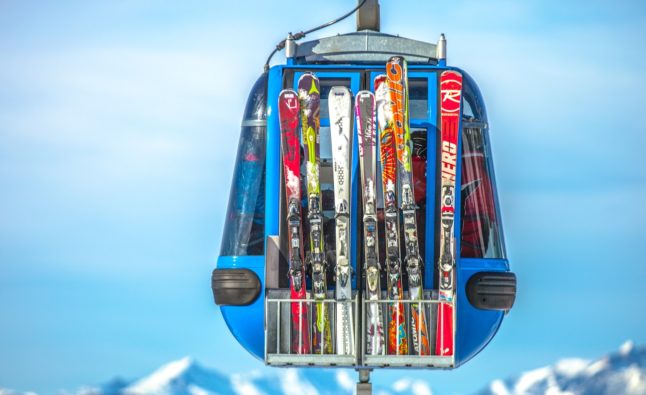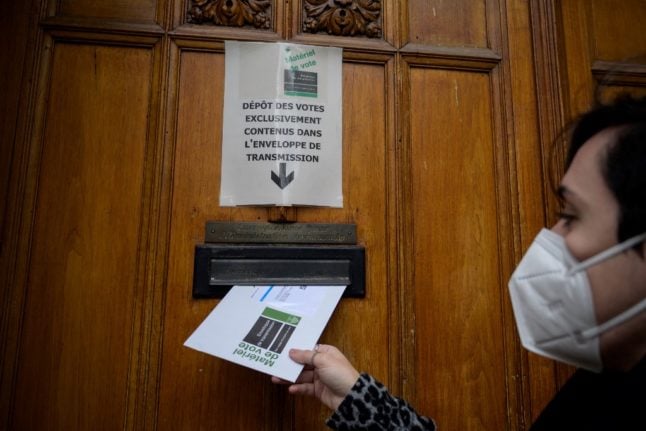February 1st: 2024 car sticker
On this day, the grace period for not having the 2024 vignette (either the paper pr digital version) is coming to an end.
If you are caught driving without it on a Swiss motorway, you could be fined 200 francs.
The 40-franc sticker, which can be purchased from petrol stations, post offices, border crossings, or online, is obligatory for all vehicles driving on Swiss motorways, regardless of whether you are a resident, tourist, or are just transiting through the country.
This map shows on which roads the vignette is compulsory.

Paper and electronic versions. Photo: Federal Office For Customs and Border Security
READ ALSO: What you need to know about Switzerland’s motorway charge sticker
February 1st: You will know where your bread comes from
New law that enters into force on February 1st mandates that the origin of all baked goods must be declared in writing in all Swiss bakeries, supermarkets, and restaurants.
February 7th: Nationwide alarm system to be tested
The 5,000 fixed and 2,200 mobile sirens in Switzerland will be tested on February 7th, as they are every year on the first Wednesday of February.
The test will be conducted between 1:30 pm and 4 pm.
Communication channels on the Alertswiss app will also be tested.
The signal – a steady oscillating siren lasting one minute – is intended to alert the population of an impending emergency or disaster.
The second siren, used to warn people who live near dams of impending water-related danger, is a series of 12 bursts of 20 seconds each at ten-second intervals.
READ ALSO: Switzerland’s annual siren test
February 14th: Ash Wednesday
This day will mark not only the Valentine’s Day, but also the beginning of Lent, which starts with Ash Wednesday and ends on Easter Sunday, which this year falls on March 31st.
February 20th: Out of the darkness…light! (Though you my not even notice it)
On this day, daylight speeds up to three minutes per day, according to the Almanac, a very useful annual calendar that contains astronomical data and tide tables, among other information.
“On the 20th, the day length is 10 hours, 53 minutes, and on the 21st, it’s 10 hours, 56 minutes,” it says.
This means that dark early mornings and dark early evenings are on the way out.
Hopefully, spring in on its way in.

Throughout the month: Ski holidays
Like every year, February is traditional “family ski” month in Switzerland, when children get a week off from school (except in canton Lucerne where they will be off for two weeks), so families can head to mountain resorts.
Dates of this winter holidays vary among cantons; you can see the ones for your region here.
Skiers face higher prices in some Swiss ski resorts.
However, about half of Switzerland’s main resorts — including Zermatt, Verbier, and Crans-Montana, among others — are banking on the so-called ‘dynamic’ price model, which will allow you to purchase cheaper tickets.
This means the price of the ski pass is not fixed, but depends on when you buy the ticket and when you plan to use it.
READ ALSO: Why do some Swiss ski resorts change their prices several times a day?
February 29th: A leap year
This event, which happens only every four years, is not a strictly Swiss phenomenon, of course.
But this is a reminder to let you know that in 2024, this month will be longer by one day!



 Please whitelist us to continue reading.
Please whitelist us to continue reading.
Member comments